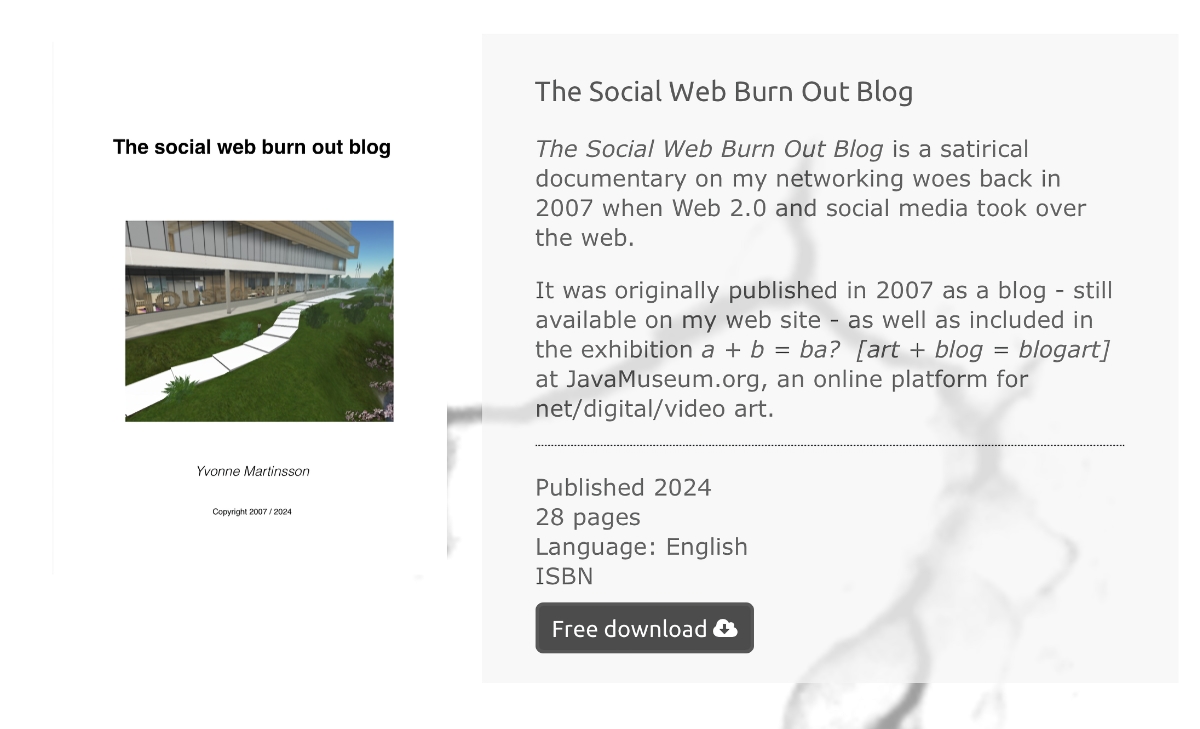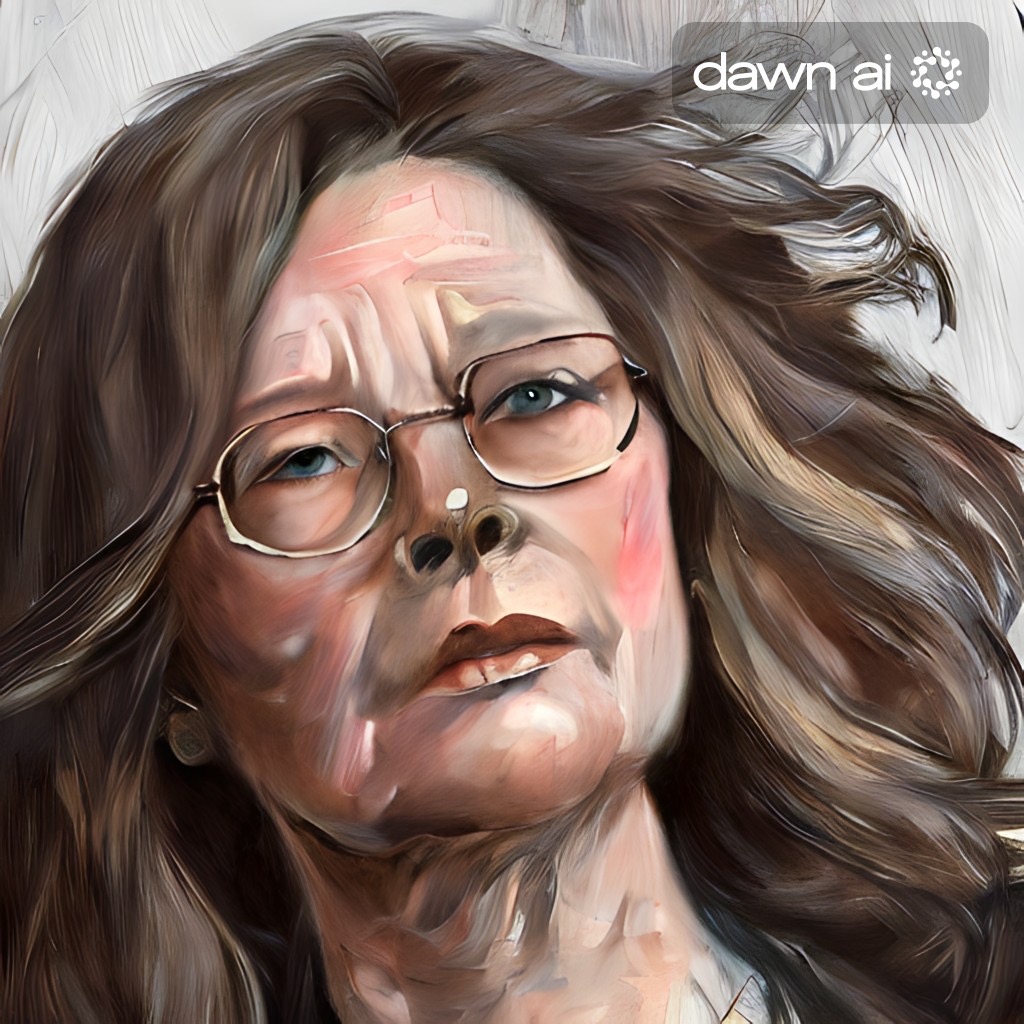as browsing turns to clicking > 05/04/05
In 1999, William H. Gass wrote in his In Defense of the Book that readers of books will become increasingly better readers as the internet would be the end to ‘good’ reading. He also regretted the loss of browsing in the sense that you can browse the book shelves in a library and, by serendipity, find what you never would have looked for in the first place.
[ read more ]
site of the other > 16/03/05
When Barthes proclaimed the death of the author back in the 60s, it was not the writer he meant but the author as organizing principle of a body of work. Not much has changed up till today. It is still the author as authority and origin around which we talk about the work of a writer.
A web site, though, challenges this construct. It is here not the writer who is on central stage, but the site and the very interface. The web site becomes the organizing principle that undercuts every claim to authority and origin, and the works themselves are located / written at the site of the Other rather than (the intentional ego of) the writer. Can we ever talk about authority, intent, origin, when talking about the web? Could we ever? Isn’t it all a myth, as Barthes claimed long ago, and a myth we have outlived today?
Information technology is based on binary digits that send signals to process, store or retrieve data and - like any language - it’s completely intelligible for the one who can read the language in question, which would differentiate it from noise, yet it is in-forma - it needs its other, its interface.
Information technology is not information; it’s a means, a media, a vehicle - today often for information, but to my delight not exclusively so as it’s also a means for sharing knowledge in different forms.
the interface - the border, the surface, the crosspoints - where I tip into the Other - as in a reading that takes place at the interface of text/reader - the virtual space of reading.

